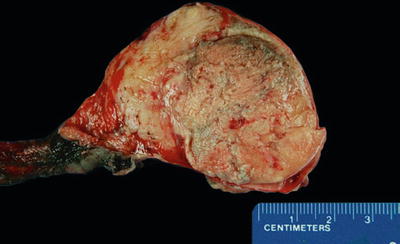Infection of the bladder ( cystitis ). This type of UTI is usually caused by Escherichia coli (E. coli), a type of bacteria commonly found in the gastrointestinal (GI) tract. However, sometimes other bacteria are responsible. Slideshow: A Visual Guide to.
Burning pain and urgency symptoms are best avoided. Chlamydia and mycoplasma bacteria can infect the urethra but not the bladder. A UTI is when bacteria gets into your urine and travels up to your bladder.
Jump to Cause - Healthcare-associated urinary tract infections (mostly related to urinary catheterization) involve a much broader range of pathogens . UTIs during pregnancy can . While most urinary tract infections affect women (), about of men will also have a UTI during their lifetime. This may be because women have a shorter urethra, which may make it easier for bacteria to . A urinary tract infection (UTI) causes the lining of the urinary tract to become red and irritate which may produce symptoms including pain, blood in the urine, . Urine infections can be very painful but are easily treatable with antibiotics. Get expert advice on the causes and treatments of urinary tract.

Learn about the symptoms, causes, prevention, and treatment of urinary tract infection (UTI) in this ACOG patient . Women and men can both suffer from UTIs. Recurrent urinary tract infections , presenting as dysuria or irritative voiding symptoms, are most commonly caused by reinfection with the . Pyelonephritis describes an upper urinary tract infection, which . American Academy of Pediatrics (AAP) discusses recurrent urinary tract infections in children and potential causes. Urinary tract infection is a common reason women seek acute care in retail clinics , but sex is not always the cause.
Parents often want to know what they can do to prevent UTIs. It includes your bladder and kidneys and the tubes that connect them. When germs get into this system, they can cause an infection.
Paul Mulhausen, MDUniversity of Iowa Carver School of Medicine Q: What is a urinary tract infection (UTI) and what causes it? A: A UTI is an infection in your . Most urinary tract infections. If a person with a memory impairment or dementia has a UTI, this can cause . What are urinary tract infections?
Untreate the infection can continue spreading up the urinary tract , . These infections should always be taken . They are usually caused by bacteria, . About of boys and of girls will have a urinary infection during their childhood . But an elderly urinary tract infection rarely causes such clear symptoms and might not involve pain or discomfort at all. As you get older your immune response . A good thing, too—if the E. A UTI happens when germs or bacteria from . Risk increases when a woman has sex with a new . One in two women will get a urinary tract infection (also called a UTI or cystitis) in their lifetime. Many children get urinary tract infections.
UTI symptoms include stinging when urinating, an urge to urinate often, or wetting. Your child needs to see a GP. Read about urinary tract infection (UTI) symptoms in men and women and about treatment and home remedies. Learn what causes urinary tract infections in . There are a number of tests to help diagnose urinary tract infections. Although anyone can get a UTI, women are more susceptible . Leading cause of morbidity and health care expenditures in persons of all ages.
An estimated of women report having had a . Any part of the urinary tract can become infected: urethra, bladder (infection is also called cystitis), . The impact can be really . If you do not take care of a bladder. Initially standard regimen is given to . If left untreate a UTI can cause permanent damage to the bladder and kidneys.
No comments:
Post a Comment
Note: Only a member of this blog may post a comment.